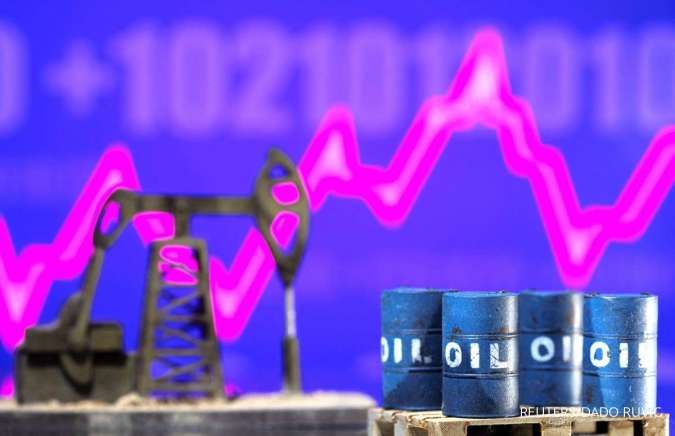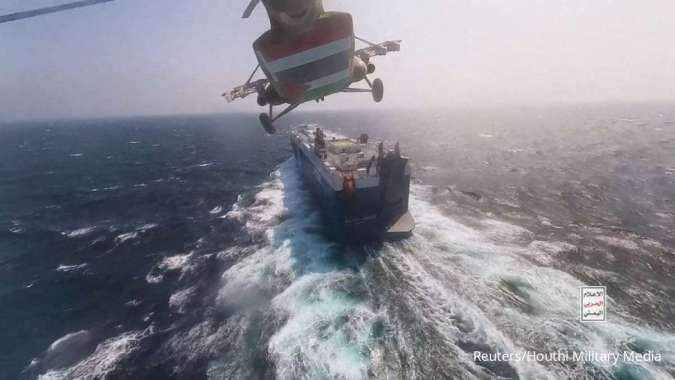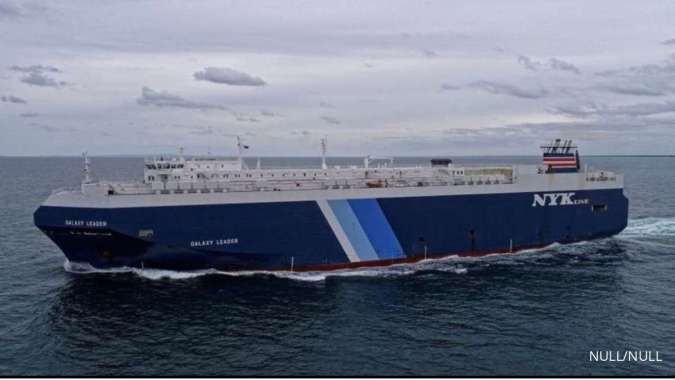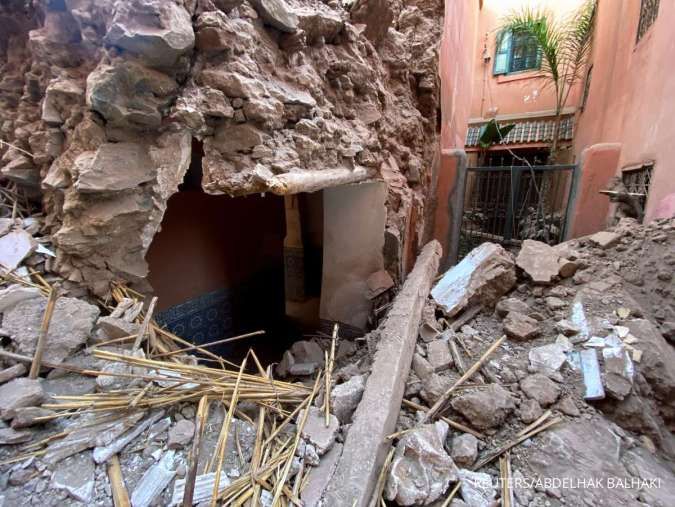OIL PRICE - LONDON. Oil extended gains on Monday to rise more than 3% as mounting attacks by the Iran-aligned Yemeni Houthi militant group on ships in the Red Sea disrupted maritime trade and raised concern of supply disruption.
A Norwegian-owned vessel was attacked in the Red Sea on Monday and oil major BP said it has temporarily paused all transits through the body of water. Other shipping firms said over the weekend that they would avoid the route.
Brent crude futures were up $2.82, or 3.7%, to $79.37 a barrel by 14.54 GMT, while U.S. West Texas Intermediate crude rose $2.44, or 3.4%, to $73.87.
Both crude benchmarks posted small gains last week, following seven weeks of decline, after a U.S. Federal Reserve meeting raised hopes that the U.S. central bank's interest rate hikes are over and cuts are on the way.
"The rise in geopolitical risk premium, which has come in the form of regular hostilities towards commercial vessels in the Red Sea by Iran-backed Houthi rebels plays its indisputable part in oil's resurrection," said Tamas Varga, an analyst at oil broker PVM.
Read Also: BofA Sees Four Rate Cuts from Federal Reserve Next Year
About 15% of world shipping traffic transits via the Suez Canal, the shortest shipping route between Europe and Asia.
Ample oil supply limited price gains on Monday. Brent and U.S. crude remain in contango, a structure in which oil for prompt delivery trades at a discount to crude for delivery later, suggesting a well supplied physical market, Varga added.
Also adding support, Russia said on Sunday it would deepen oil export cuts in December by potentially 50,000 barrels per day or more, earlier than promised, as the world's biggest exporters try to support global oil prices.
Russia announced the deeper export cuts after it suspended about two-thirds of loadings of its main export grade Urals crude from ports due to a storm and scheduled maintenance on Friday.
Still, PVM's Varga expressed scepticism about the extent to which Russia will make voluntary output cuts.
"In reality it is just re-packaging weather-related halts in exports," he said.
/2022/11/17/2071900652.jpg)















